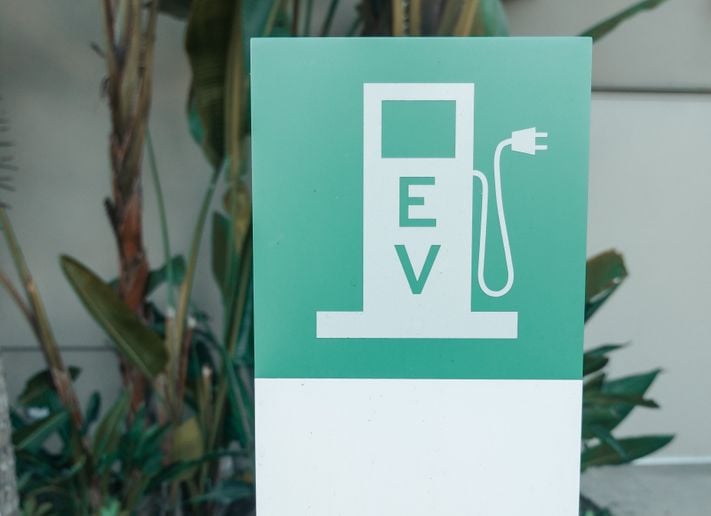
Many rental companies have concerns about the availability of charging infrastructure, which can impact their ability to offer reliable and convenient service to customers.
Kindel Media
The demand for electric rental cars has grown as consumers become more environmentally aware. However, rental car companies are struggling to keep up with this trend, as their electric vehicle (EV) fleets are not yet large enough to meet the demand.
The International Energy Agency (IEA) reported that electric car sales in 2021 almost doubled from 2020, amounting to 6.6 million and making up nearly 9% of the market share. This brings the total number of electric cars on the road to 16.5 million. However, the percentage of EVs in rental car fleets remains relatively low, as rental companies face challenges in scaling up their EV offerings.
One of the main challenges is the prohibitive cost of purchasing and maintaining electric vehicles. While EVs may be cheaper to operate in the long run due to lower fuel and maintenance costs, the upfront costs can be prohibitive for rental companies, especially smaller ones.
In addition, there are still concerns among rental companies about the range and charging infrastructure for EVs, which can impact their ability to offer a reliable and convenient service to customers. While there have been significant improvements in charging infrastructure in recent years, many rental companies still lack the necessary charging infrastructure to support a large EV fleet.
“We recognize that many of our customers are eager to embrace the benefits of electric cars, including lower emissions and reduced fuel costs. However, we also understand that concerns over the availability of charging infrastructure can be a major barrier for those considering an electric rental. At Wisecars, we have addressed our customers’ concerns to our partners, who are working on improving the charging infrastructure every day, to ensure that our customers have access to the charging infrastructure they need to enjoy a seamless rental experience with electric vehicles.” Felicity Travaini, CEO of Wisecars.
To address these challenges, rental companies may need to partner with automakers or third-party charging providers to access affordable EVs and charging infrastructure. Rental companies can also explore creative pricing strategies to encourage customers to choose EVs, such as offering discounts or loyalty rewards.
Despite these challenges, there is a clear demand for electric rental cars, as customers increasingly seek more sustainable and environmentally friendly transportation options. Rental companies that can successfully scale up their EV fleets may have a competitive advantage in the market, as they are able to meet this growing demand.
“Recently, customers have become much more aware of the environment and prefer to travel with an electric car,” says Travaini. “The supply of electric and hybrid cars has increased, as customer demand for them has become greater in recent years. Compared to 2021, three times more people are renting electric cars. What’s more, interest in hybrids has risen as well.”

The International Energy Agency (IEA) reported that electric car sales in 2021 almost doubled from 2020.
Wisecars
Ultimately, while the demand for electric rental cars is rising, rental companies are having difficulty scaling up their EV fleets to meet this demand. However, rental companies can capitalize on this trend if they form the right partnerships and create effective strategies.
